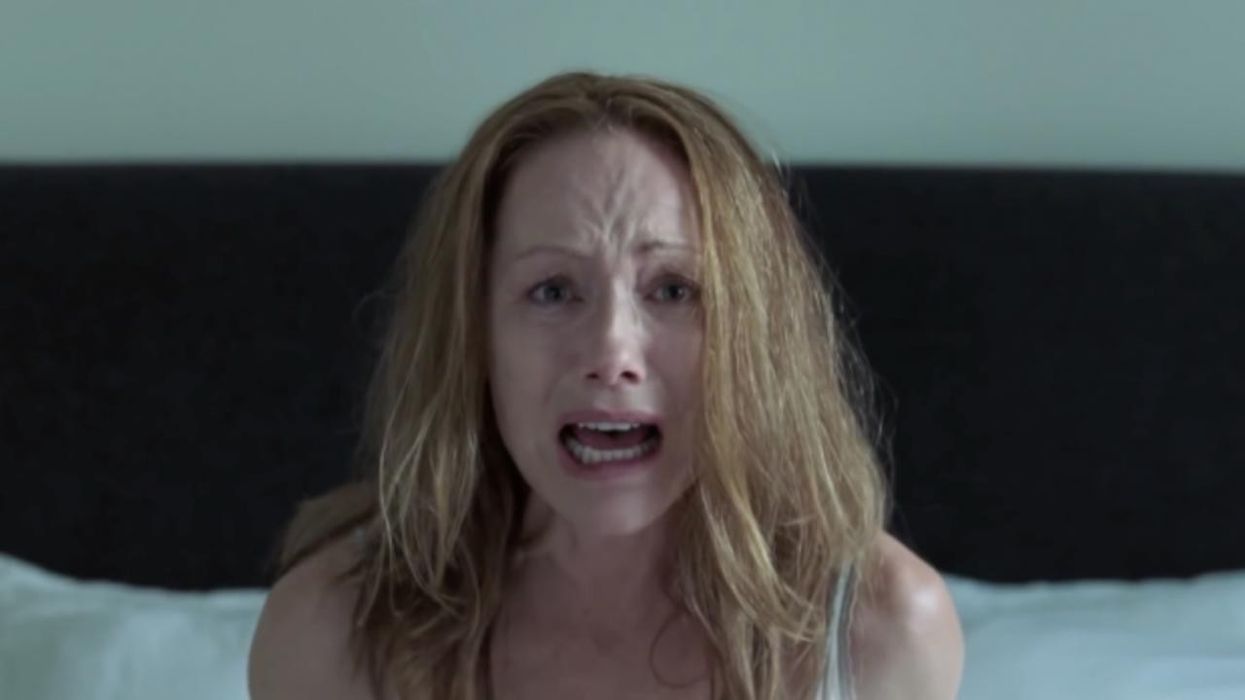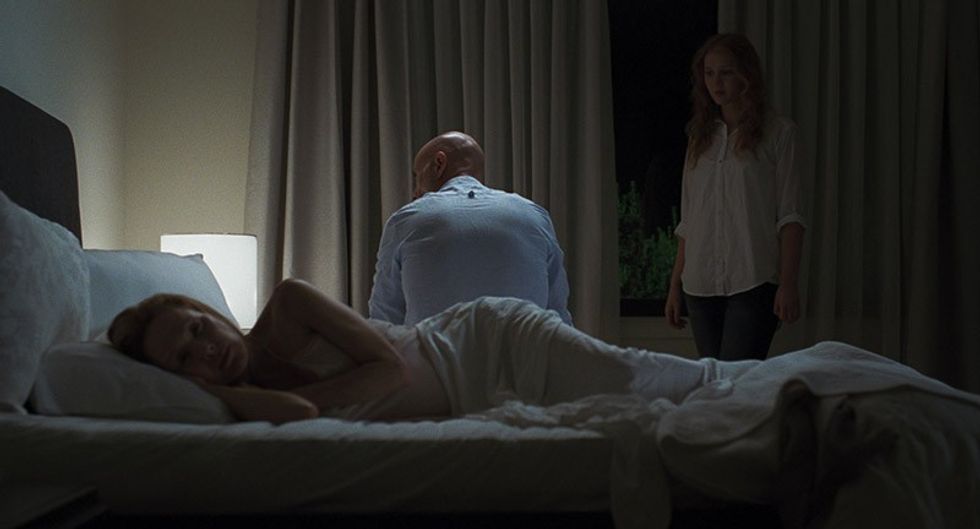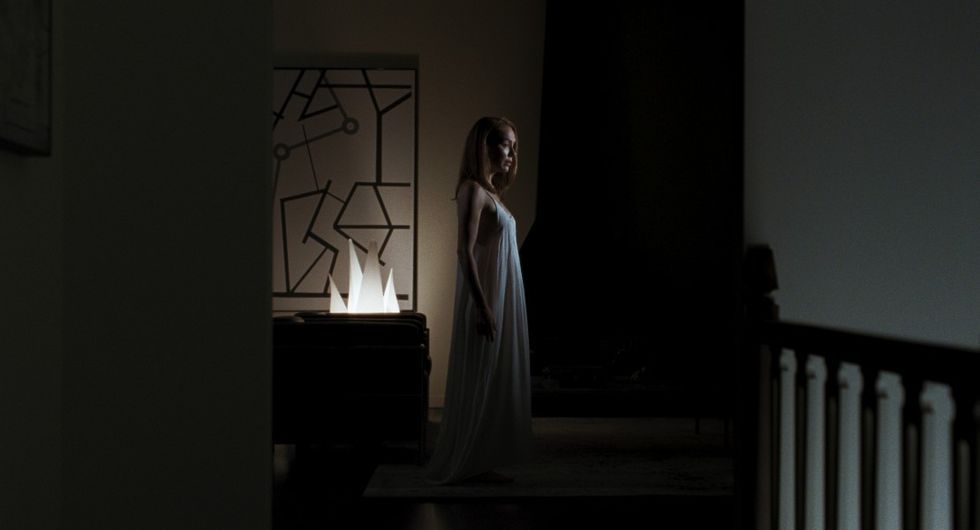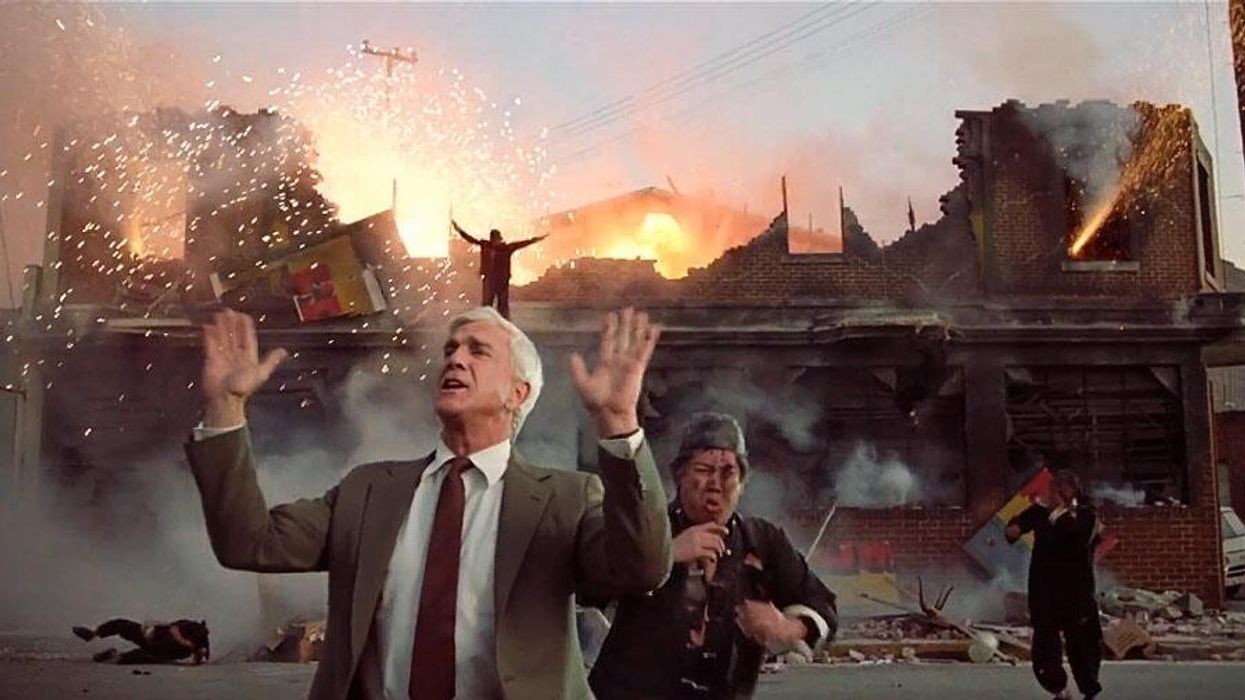“I Used to Love or Destroy Films”: Prolific Indie Director Denis Côté Shares His Wild Process
You've never met an indie director with a filmography quite as eccentric, or as prolific, as Denis Côté.

A former critic, Quebec-based helmer Denis Côté has made nine full-length films and many more shorts in the past decade. He jumps freely from scripted work to documentaries, and from tightly structured pieces to loose, freeform experiments, and his films have picked up awards from several major festivals, including Berlinale (Vic and Flo Saw a Bear), Locarno (Curling) and Greenpoint (Bestiaire).
Côté held court for a Q&A session at this year’s Berlin Film Festival’s conference portion, Berlinale Talents. His latest film, Boris Without Beatrice, screened in competition this year. With a history of working with tiny budgets and in a variety of genres – sometimes within the same film – Côté’s insights should prove valuable to filmmakers of all stripes. Here are the highlights from his conversation.

“I’m obsessed with form, I must admit. I am not a good citizen. I do not make films to change the world. I will totally accept the filmmakers sitting here, telling me cinema is a powerful [agent] of change. You can use the medium to change the world, change the mentalities, make social cinema. I understand that, but it’s not me. I am totally obsessed with the medium: how to tell a story, how to create it, how to destroy it, how to take an audience in this direction and bring the audience in that direction, much more than making a political film.”
"I don’t think you become a filmmaker because you attended a film school. It’s based on your personality."
On going from criticism to directing
“I know the industry. I used to love or destroy films myself when I was writing. So if I read a very, very, very good review of my work, I don’t get excited about it. And if I read a very bad review of my work, it doesn’t hurt me as much as another director would be hurt. I know in what frame of mind was the critic [was] when he wrote this. There are so many reasons not to hate or love a critic that I understand [where they’re coming from]…. I know the other side of the fence. So, if you there [Ed: He pointed at me] wrote something horrible on my film, if I see you tomorrow, it’s fine.”
On not attending film school
Côté only spent two years in college. He never went to film school. “I don’t think you become a filmmaker because you attended a film school. It’s based on your personality. If you have leadership, if you have a vision, that’s how you become a filmmaker.”

Côté makes two kinds of films: he either exercises precise control over the set or works with a skeleton crew to construct the movie as they go along. In Boris Without Beatrice, for example, every scene is meticulously planned out beforehand; but in Bestiaire, his experimental documentary about a zoo, he walked into the zoo and began filming without knowing what the angle would be.
"I’m not the kind of director who comes on set and doesn’t know what he’s going to do," said Côte. "Changing the lighting in a scene can make a lot of technicians very angry, just because a director changes his mind. I try not to do that."
Conversely: "When I’m not doing that, I’m open to all the accidents in the world," he said. "I was working with Down syndrome kids [for one film] and I thought I could direct them to do something, and it’s very hard – they always look into the camera. I said, ‘You know what? It’s going to be a film with kids who are looking directly into the camera.’”
On making challenging films for "passive audiences"
"It’s a contract I sign with my audience: You might not understand what happens in the first 30 minutes. But I promise, by the end, I will give you some reward – not all of it. I don’t like passive audiences. I’m not a passive cinephile. I never sit in a cinema like I’m handcuffed, waiting for the answers. I never go see a film for entertainment. Never, never, never, never."
On mixing professional actors with non-professionals
Côté has sought out both categories of actors in his experimental work. In Curling, a 2010 drama about a father who isolates his daughter from the world, professional actor Emmanuel Bilodeau, who plays the dad, convinced Côté to cast his non-professional real-life daughter opposite him. But Côté is often reluctant to do this.
"I never go see a film for entertainment. Never, never, never, never."
"Be careful with putting a non-professional [actor] with a bunch of professionals. The energies are really, really weird, and sometimes it doesn’t work…. Always be sure, with a non-professional, that you respect the nature of the person, meaning that if you want a fireman to be in your film, why don’t you try to use him as a character who is a fireman? Don’t ask a fireman to play a haircutter. Don’t ask a baker to play an accountant. It won’t work."
On seeking input from others
As a director, Côté does not work in isolation. "There are at least 25, 30 people coming to watch my films during the editing process. And when I write, there are at least 10 people reading my scripts. And I listen to people. I feel it when I watch a film and it’s too long, and it’s made by an author who didn’t listen to anybody."
And yet, he doesn’t rehearse with his actors. "I [can’t] get in the mood of when we’re going to shoot the film… [They’re] professional actors, so why would we sit for weeks in a stupid white room around a table reading dialogue and trying to rehearse? It’s not my style."
He’ll let his actors try out different takes on their characters on set, but only after he’s done the take he likes. "Just give candies to your actor after you have what you wanted."
To learn more about Boris Without Beatrice, check out the film's profile on the Berlin Film Festival website.
Be sure to check back for more coverage of Berlinale 2016.











